Research Cores and Hubs
The BDHSC consists of five content cores (Electronic Health Records, Genomics, Bio-Nanomaterial, Geospatial, and Social Media) and two functional hubs (Technology and Business/Entrepreneurship) that aim to collectively promote the utlization of Big Data analytics in healthcare research, services improvement and academic training. The combination of BDHSC Cores and Hubs represents a paradigm shift from traditional academic research to a focus on engagement and collaboration between academia, industry and community.
Electronic Health Records Core
About the Core
The EHR Core is the main gateway to leverage massive amounts of rich individualized patient information contained in electronic medical records for clinical, translational, and patient-centered outcomes research. The core is positioned to build on growing capabilities for data interoperability and data sharing across disparate systems, including access, integration, analysis and interpretation of patient generated data, remote devices, imaging data, economic data, social determinants data, and other potential sources. The EHR core works closely with the other cores to develop, support, and disseminate accessible and efficient methods and tools for advanced data management, integration, analysis, and visualization. The core is also responsible for ensuring the protection and privacy of patient data in compliance with HIPAA and the appropriate us of data for research and improvements in quality of care.
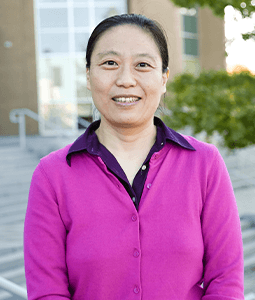
Jiajia Zhang, Ph.D.
Co-Lead
Dr. Jiajia Zhang’s research focuses on investigating the association between the mortality/incidence of a disease with its potential risk factors using survival analysis.
Genomics Core
About the Core
The primary objective of the Genomics Core is to provide the necessary infrastructure and resources to faculty and students across UofSC to ignite and sustain comprehensive multidisciplinary genomic research. In collaboration with the Technology Hub, this core will utilize the existing High-Performance Computing facility at UofSC in order to satisfy its computational needs for comprehensive analysis of genomic data including De Novo and template-based assembly of genome/transcriptome, differential gene expression, meta genomics, phylogenetic identification of pathogens, modeling of RNA/protein binding, SNP analysis, and modeling of genomic mutations. In addition to physically extant USC services, the Genomics Core may work with other off campus entities (e.g., HSSC, CCI, VA hospital, or any other national/international data repositories). The Genomic Core is committed to the training and fostering of the future generation of a multidisciplinary workforce. The scientific workforce of the future should represent multifaceted capabilities that are difficult to develop under the traditional single curriculum classwork. The Genomic Core actively pursues opportunities in training of students, staff scientists, and faculty in the broad area of omics-analyses.
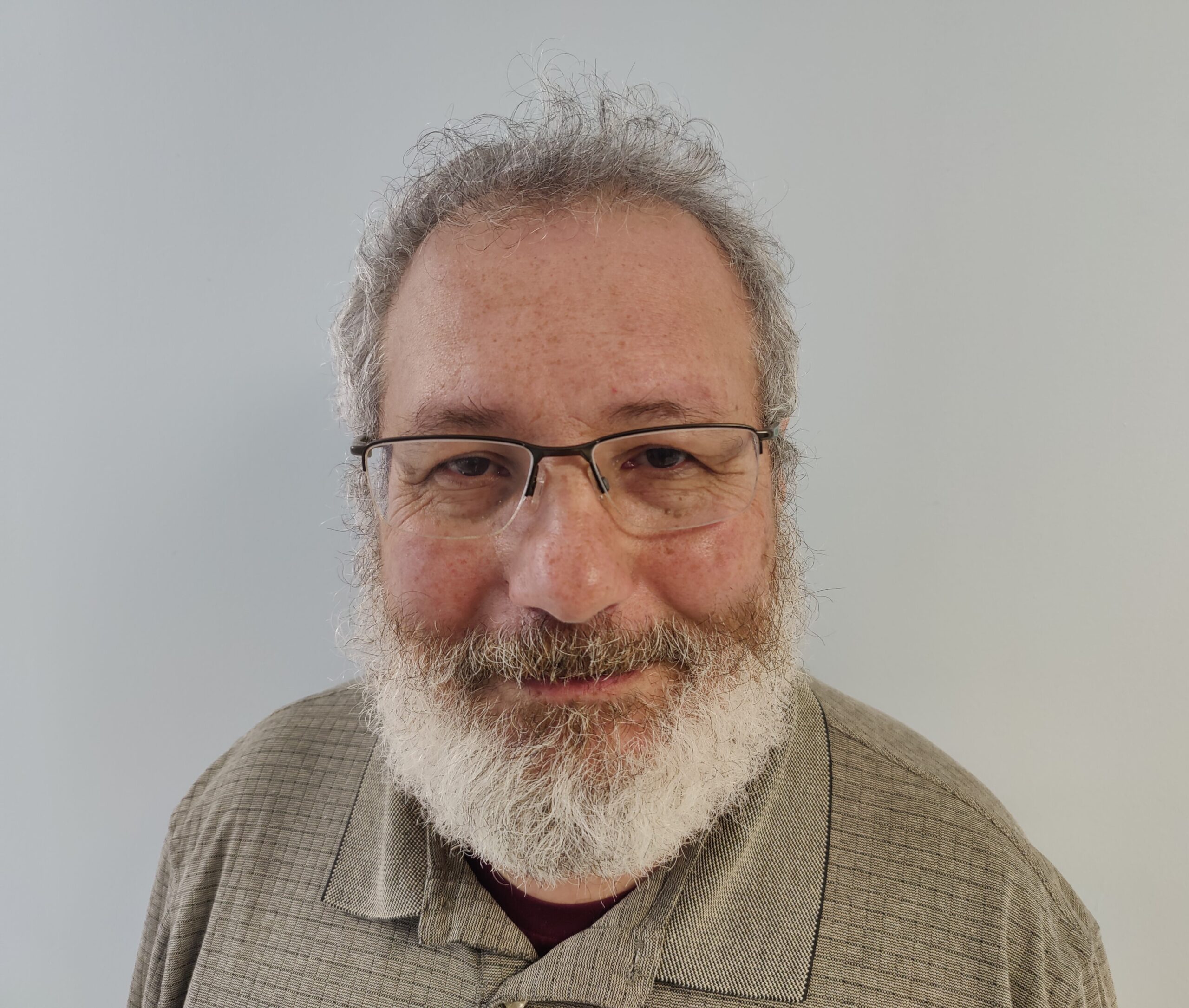
Michael Shtutman, Ph.D.
Core Co-Lead
Dr. Shtutman’s research centers on the application of Artificial Intelligence (AI) and advanced genomics for drug repurposing with a focus on the discovery of the treatment of HIV-associated neurocognitive disorder.

Hui Chen, Ph.D.
Core Co-Lead
Dr. Chen’s research focuses on understanding how the cellular components orchestrate the embryo development at the earliest stages of life, particularly focusing on elucidating how the early embryonic genome is regulated for cell fate specification in time and space.
AI for Sensing and Diagnosis
About the Core
The mission of the Artificial Intelligence (AI) for Sensing and Diagnosis Core is to bring together researchers with expertise in unambiguous single-molecule identification techniques, data sets of human plasma samples, and researchers in data-efficient AI algorithms to develop medical diagnostic tools such as metabolomics-based therapeutic drug monitoring device for ICU patients.
The AI for Sensing and Diagnosis Core’s responsibilities include: 1) Establishment of initial workflow to support data generation and analysis; 2) Demonstrate the application of Al for optimizing medical outcomes; 3) Contributing to the BDHSC’s efforts to assess, catalogue, and advance the healthcare-related data sets available to UofSC researchers; 4) Conducting education and outreach activities to connect infrastructure, data, analytic tools and data scientists and researchers

Qian Wang, Ph.D.
Core Co-Lead
Dr. Qian’s research aims to build
three-dimensional programmable scaffolds that mimic native extracellular matrices and can be used to probe cellular activities.
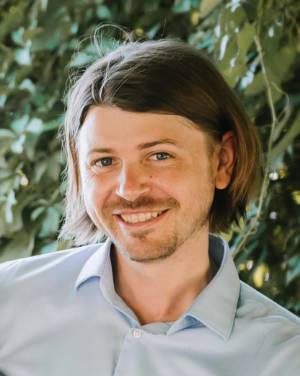
Christopher Sutton, Ph.D.
Core Co-Lead
Dr. Sutton’s research is focused on developing and applying computational approaches such as density functional theory combined with machine-learning methods to design, predict, and understand new and functional materials.
Geospatial Core
About the Core
The mission of the Big Data Health Science Center Geospatial Core is to conduct cutting-edge geospatial research and Geographic Information Systems (GIS) science and provide training in the use of GIS, spatial analytics, and other technologies to enhance multidisciplinary health-related research in South Carolina. Innovative research is taking place within the Geospatial Core. Our investigators are currently conducting funded research to quantify the impact of residential location on health outcomes, harness social media data to monitor health trends, identify geographic pockets of social vulnerability and resilience, detect disease outbreaks, and describe trends in access to health care services. Members of the Geospatial Core have diverse content expertise to share with your team. We offer hands-on help and consultation to incorporate GIS and spatial analytics into your business strategy, research project or grant, or data system. Our faculty can also assist your team with spatial data collection, management, analysis and dissemination strategies. The Geospatial Core hosts seminars, courses, and workshops on GIS and spatial analytics for investigators and trainees across a broad range of disciplines. Check the Events tab for more information and future event dates. Contact our Director for course-related listings offered on the UofSC campus.
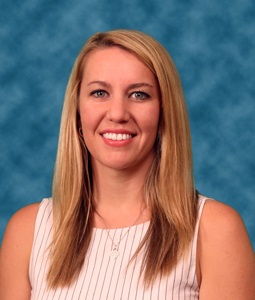
Melissa Nolan, Ph.D.
Core Director
Dr. Nolan’s research interests lie in infectious diseases and health disparities. Her work focuses on patient-oriented public health approaches to tackle diseases that disproportionately affect the impoverished.
Social Media Core
About the Core
The Social Media Core aims to lead the transformation of current social science and health research at UofSC by integrating data science and social media analysis to understand health issues and human behavior. This core partners with interdisciplinary researchers across the campus and Geoinformation and Big Data Research Lab for social media applications including collection, cleaning, analysis, and visualization of large-scale social media datasets and other relevant big data. To promote interdisciplinary efforts, the core will hold hands-on workshops and speaker series to facilitate presentation, demonstration, and discussion of how social media data can be explored across a wide range of disciplines. The professional development and academic training activities will include certificates, new courses, and a new Master program in the longer term. In addition, the core will facilitate and produce collaborative manuscripts and research proposals with researchers interested in health science, data science, and geoinformatics to seek external funding opportunities from federal and other agencies.

Shan Qiao, Ph.D.
Core Co-Lead
Dr. Qiao’s interests are in HIV prevention and treatment in the context of global health, as well as women living with HIV/AIDS in South Carolina.
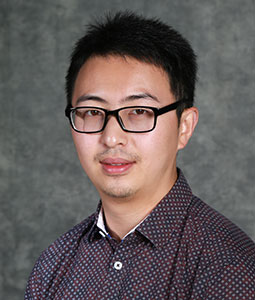
Linwan Wu, Ph.D.
Core Co-Lead
Dr. Wu’s research focuses on advertising psychology and communication technology, aiming to understand the psychological influences of advertising messages on consumers and consumers’ psychological responses to digital media and online information.
Technology Hub
About the Hub
The mission of the Technology Hub (Tech-Hub) is to support content cores by providing consultative services to bring researchers, data sets, infrastructure, analytics and analysts together to solve large scale data driven problems on the UofSC campus. The Tech-Hub’s responsibilities include: 1) Support and consultation for the establishment of a baseline infrastructure to support data; 2) Contributing to the Center’s efforts to assess and catalogue the healthcare data sets available to UofSC researchers via BDHSC; 3) Assessing and cataloging computational infrastructure available to UofSC researchers; 4) Providing advice on analytical tools and skilled analysts available to UofSC researchers; 5) Conducting education and outreach activities to connect infrastructure, data, analytic tools and data scientists and researchers. Tech-Hub staff also guide faculty in selected ancillary topics which are needed to successfully deliver analytical research including data/cyber security and privacy policies, tools, and technical capabilities. The Tech-Hub provides technical and intellectual support for infrastructure development and capacity building for big data health science research across campus. Its support includes maintaining select computing resources; advising on technical tools, technologies, platforms, cybersecurity, and methodologies; and providing expertise on computing focused funding opportunities among other responsibilities.
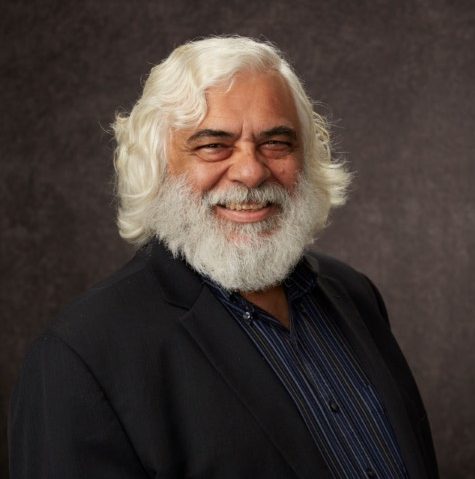
Neset Hikmet, Ph.D.
Hub Co-Lead
Dr. Hikmet has led numerous distributed data collection and analytics projects and has significant experience in leading data analytics projects within academia, including utilization of a wide range of analytics methods and approaches.
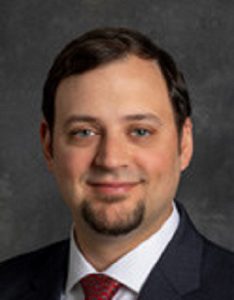
Paul Sagona
Hub Co-Lead
Paul Sagona serves as the Executive Director of Research Computing.
Business/Entrepreneurship Hub
About the Hub
The mission of the Business Entrepreneurship (B/E) Hub is to inspire and transform the USC academic community into entrepreneurial big data thinkers and problem solvers, and to ensure the sustainability of the BDHSC. The B/E Hub will serve as a core where healthcare industry big-data problems are connected to new ideas, experts, resources, and technologies needed to create new solutions, products and services. Through a three-pronged approach (customer identification, industry discovery, and commercialization), the B/E Hub will engage both the Big Data and healthcare industry/consumers and connect faculty/researchers to industry. The B/E Hub will develop a Carolinas Innovation Corps (CIC) by modeling the NSF I-Corps program and develop a Big Data Health Innovation Strike Force modeled after Michigan’s innovation strike teams concept. The B/E Hub also will host an annual data science bowl competition for the students. The B/E Hub will be co-led by Drs. B Olatosi (ASPH) and D Brown (DMSB) and consists of expertise in entrepreneurism, healthcare delivery and pharmaceuticals. The B/E Hub team also includes Mr. C Hardaway, Director of UofSC Technology Commercialization Office and Ms. J Clenney, a Business Librarian who is knowledgeable in patent, marketing, and industry search.
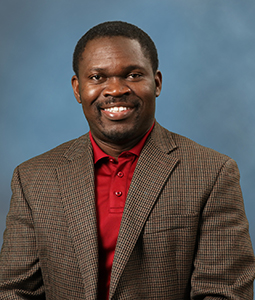
Bankole Olatosi, Ph.D.
MPI & Core Co-Lead
Dr. Olatosi’s research interests are in the fields of Big Data Health Analytics, HIV/AIDS, COVID-19 and rural health.
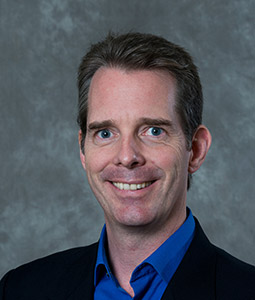
Dirk Brown, Ph.D.
Core Co-Lead
Dirk Brown is the faculty director of the University of South Carolina’s McNair Institute for Entrepreneurism and Free Enterprise and a clinical assistant professor of management at the Darla Moore School of Business.
